‘Please do not flush…unpaid bills, hopes, dreams, or goldfish down the toilet.’ This was an announcement I heard on Virgin Trains recently. It may be a rather naff ‘humorous twist’, but it’s an example of something we’ll see a lot more of in coming years. As we increasingly communicate with Artificial Intelligence (AI) in everyday life, like we already do in the supermarket and over the phone, service providers will be at pains to make the interaction feel more natural.
The visionary Alan Turing had already intuited this in 1950, when he asked: ‘Are there imaginable digital computers which would do well in the imitation game?’ Now Manchester Art Gallery – in the city where Turing posed his question – is seeing what answers contemporary artists can contribute. In ‘The Imitation Game’, as the show is titled, we see how ‘art speaks to science and science speaks back’, in the words of the gallery’s director Maria Balshaw.
The exhibition has assembled some cutting-edge experiments in AI, together with more circumspect pieces about our ongoing relationship with technology. In the first category, the standout works are those by Mari Velonaki and Swedish artist Tove Kjellmark, both of which are based on robots interacting with one another and with visitors.
As a skeptic of ‘tech art’, I never thought I’d say this, but Velonaki’s Fish-Bird is definitely moving. Two wheelchairs (fitted with advanced computers) roam around in a stark white space, spitting out pieces of paper bearing messages like ‘Things are bad enough as they are’. Their forlorn relationship is reminiscent of the bin-dwelling Nagg and Nel in Samuel Beckett’s great play Endgame. Kjellmark’s Talk is also quite absurdist, two seated automatons with human faces and carcass-like bodies conversing about the contents of a dream.
Such appropriations of technology for dramatic purposes have a surprisingly long history. In 1953, when Turing’s Mark 1 computer was being used for meteorology, engineering, and developing Britain’s atomic bomb, a passionate amateur called Christopher Strachey wrote a program to generate love letters. For ‘Imitation Game’ David Link has made a sort of shrine to this eccentric algorithm, with a replica Mark 1, vintage cathode ray tubes, and parts of an original teleprinter. Some of the love letters are here too, with their comically loquacious style: ‘My eager rapture passionately woos your avid appetite.’
You can find a bit of Strachey’s mischief in almost all of the art here, actually. I particularly enjoyed chatting (or typing) with Lynn Hershman Leeson’s Agent Ruby, the provocative EDream portal which has been living online since 2001, sifting the web for new vocabulary (you can still talk to her here). However, Ed Atkins’ video project Performance Capture, made at the gallery last summer as part of the Manchester International Festival, has somewhat darker intentions, with a cacophony of voices emerging from the mouth of his generic avatar. As Atkins has said: ‘Imitation here…is understood as a kind of drastic parody which will more than likely dispose of its subject.’
I suspect this Neo-Luddite anxiety is responsible, to a degree, for our macabre fascination with machines acquiring our most personal emotions – and perhaps humour and absurdity are ways of coping with this, too. It’s also worth noting how most of these artists have piqued that fascination: through language. There is something deeply alienating about this most crucial of human expressions being appropriated (apparently there’s an algorithm called Alice which could one day write reviews like this).
So, despite all the optimistic noises, what ‘The Imitation Game’ does best is scare people. Which is great for art, but maybe companies like Virgin Trains won’t want to make their automations too lifelike.
‘The Imitation Game’ is at Manchester Art Gallery until 5 June.
Unlimited access from just $16 every 3 months
Subscribe to get unlimited and exclusive access to the top art stories, interviews and exhibition reviews.

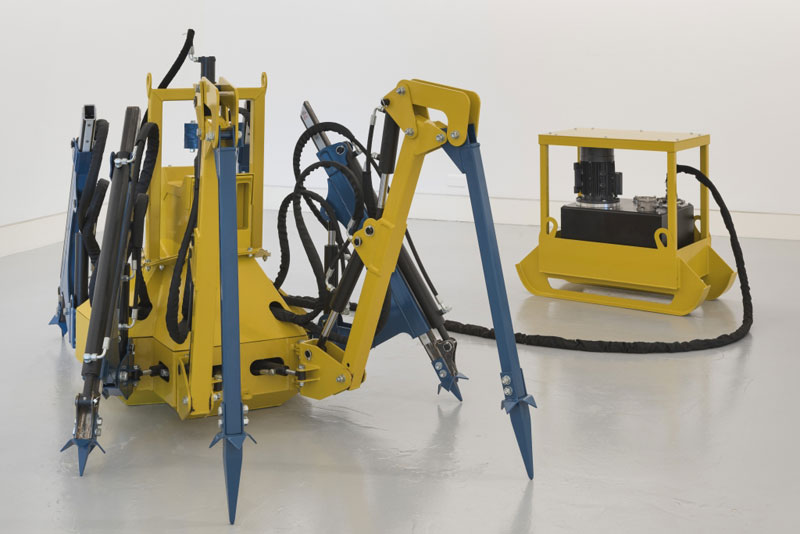
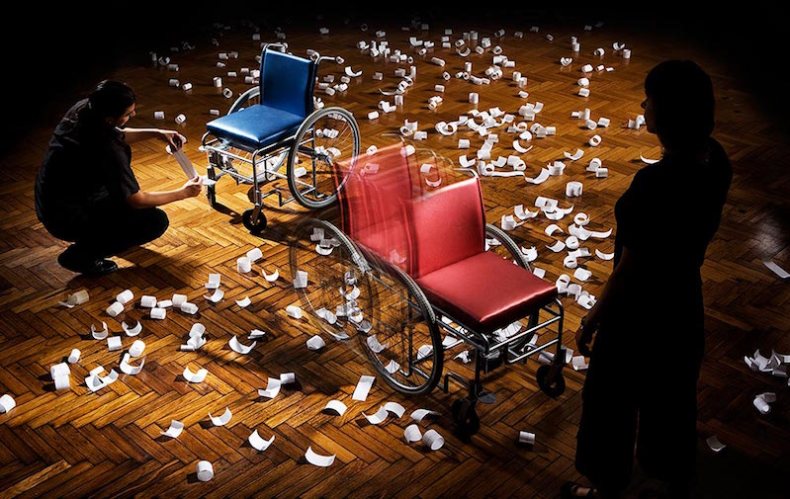
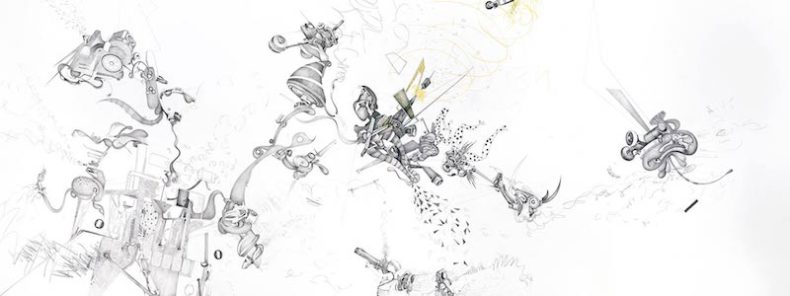
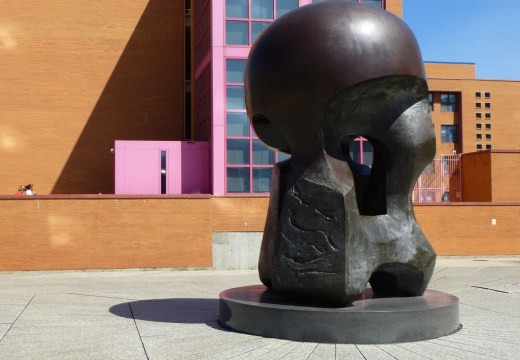
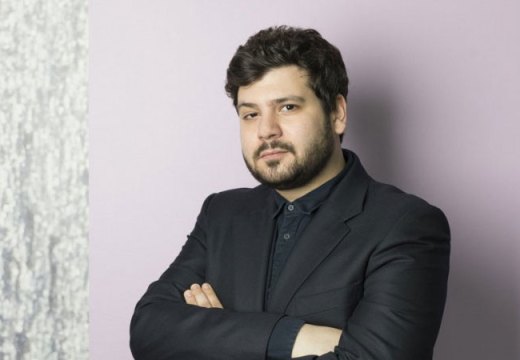
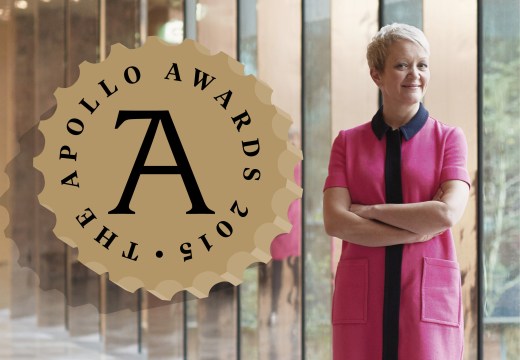
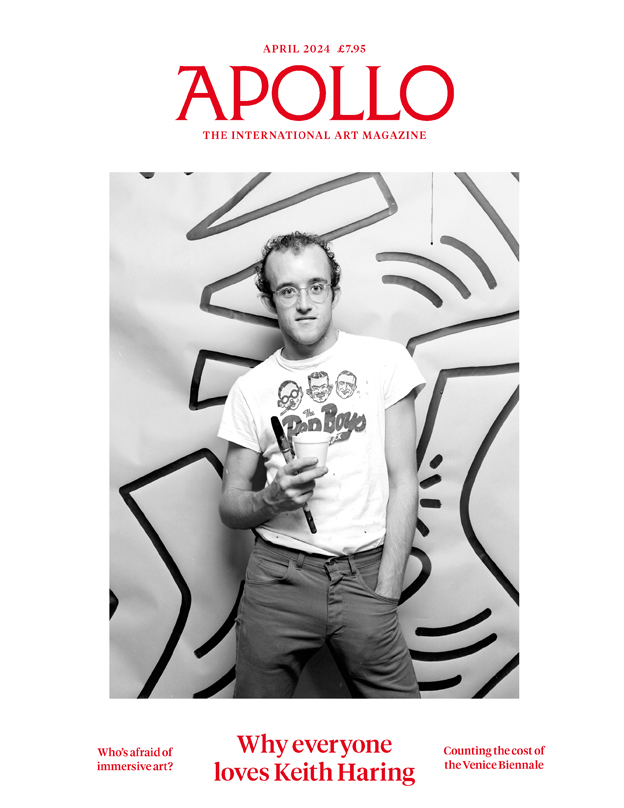
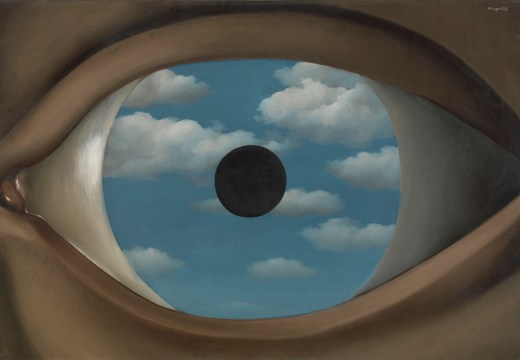
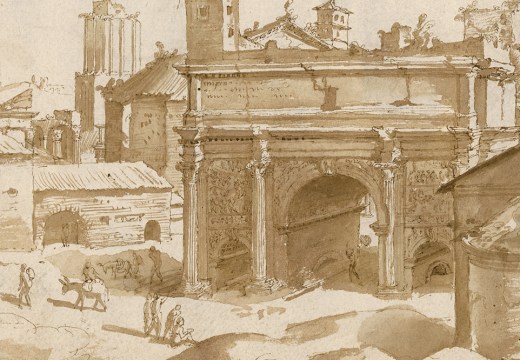
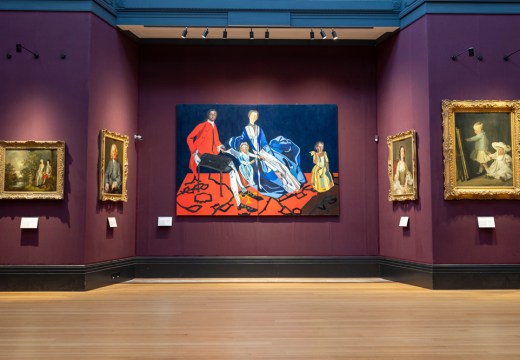
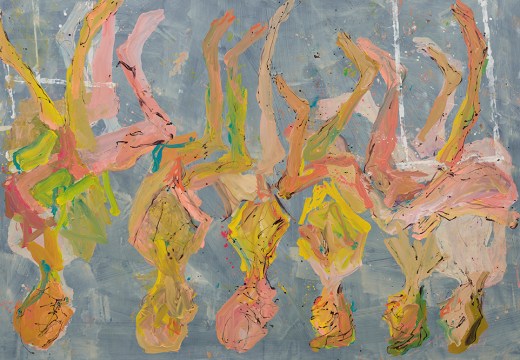
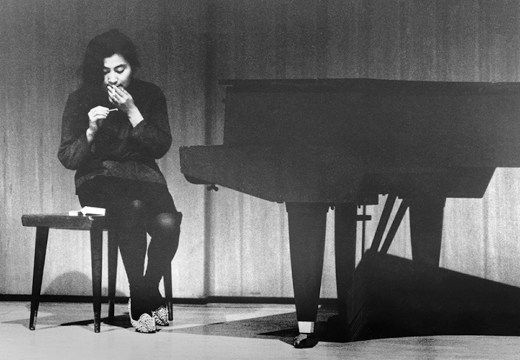
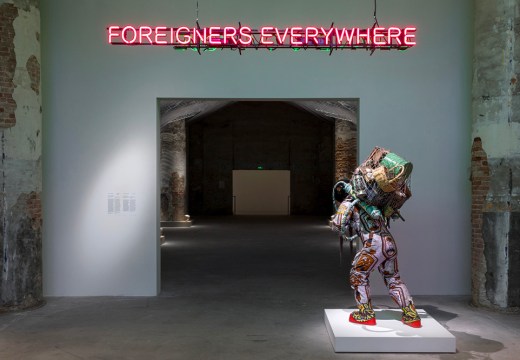
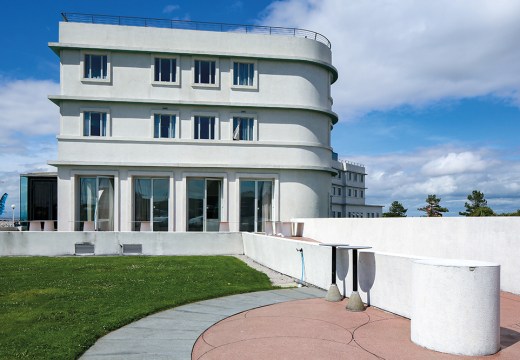

![Masterpiece [Re]discovery 2022. Photo: Ben Fisher Photography, courtesy of Masterpiece London](http://www.apollo-magazine.com/wp-content/uploads/2022/07/MPL2022_4263.jpg)
Has the Fitzwilliam lost the hang of things?